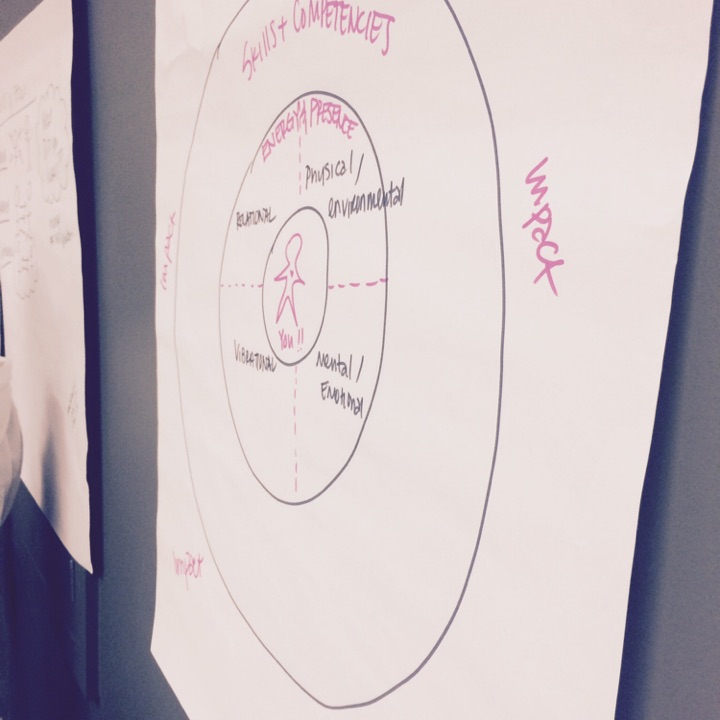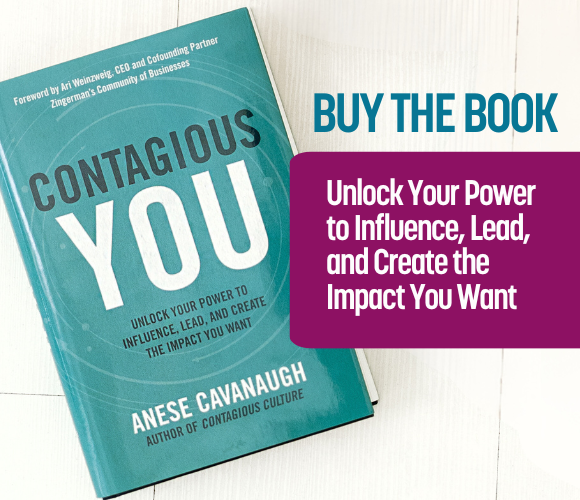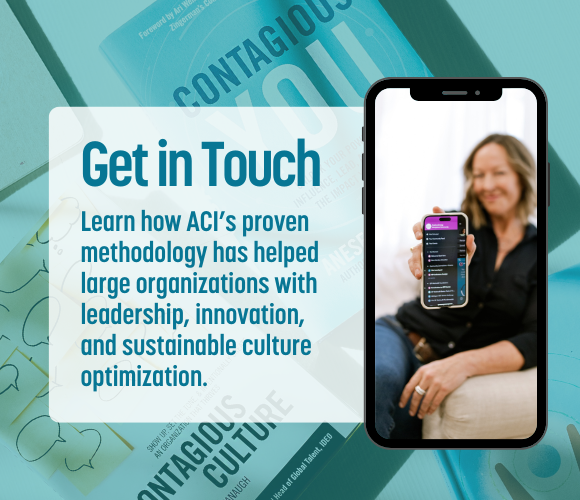You think it’s just “time” you’ve lost, or that you need more of, but what does it really cost you?
You think it’s just “time” you’ve lost, or that you need more of, but what does it really cost you?
“If I had had more time, I’d have written a shorter letter.” (Winston Churchill)
Ironically, this was my experience writing my column this week, which ultimately became three articles. Why? Because time is a big deal. It’s complex, yet so simple, and there’s much to say. (For my shortest, pithiest take, go here, for how to take back your time, go here ). For that reason, I’ve decided to give it even more time. Thus, this is the second in a series of three articles. Dig in with me, shall we?
The dance, the impact, and the cost of time.
I’ve been expanding my team this last quarter. In our most recent run of interviews, we scaled the candidate pool down to three people. We’d done our due diligence, had each candidate interview with several people on the team, ran project tests, and followed up with a final interview. The person we felt was strongest got the job.
When she was 32 minutes late to her first day, I managed my energy and asked what had happened. She sighed and said, “Time. I didn’t plan for it right. It took longer to get here than I thought. I will plan better moving forward.” I shared my stance on time integrity (it’s essential), thanked her for her honesty, admired her ownership, chalked it off to bad timing, and off we went.
You’ve heard the saying: “How you do one thing is how you do everything” right?
Well, this individual’s relationship with time showed up over and over again—not in her actual timely-ness (she was never late again), but in her work product: not planning enough time or spending it well, cutting corners to save time, even warping “truths” in order to hijack time in uncomfortable conversations. As we got further into our adventure, I realized we’d missed a fatal flag. In her initial interview test process, I’d noticed she’d take liberties with deadlines, but because she had reasonable reasons, I’d mistaken her actions as a sign of independence rather than what they were: sloppy.
If I’m honest, I didn’t want to spend the proper time to think about what was really going on. We were in a hurry to fill that spot and I wanted it filled.
Despite some lovely qualities and potential, in the interest of honoring time, and our mission and the energy of our organization and people, this new person was released back into the hiring pool within a month. We parted gracefully, took our individual and collective learning, and went our own ways. #PerformanceImpact #CulturalImpact #TeamImpact #FinancialImpact #EnergyImpact
You get the idea with the hashtags. Lots of impact (I could have listed more).
Let’s look at a few more examples.
Time in teams and culture.
I once worked with a team in “triage” mode. They were dying from cultural issues, revenue issues, costly team dynamics, and subpar productivity. Within our first couple of meetings, it was clear that at least 50% of their issues were in the honoring, or rather the dishonoring, of time and energy.
It wasn’t just about being 10 minutes late to their meetings, with the catch up and tension that would ensue. Or time lost, where employees would gossip after the fact about each other and the meeting. Or the hours squandered at home, where work frustration talk took place of cuddling with kids and spouses. These things were all true.
As I saw it, this was about a bigger underlying lack of respect. Things like intention, energy, presence, and an awareness of the precious value of time were not valued. This lack rippled out and set the tone, permeating everyone’s relationships and commitments.
Time in leadership impact and presence.
I love advising, even coaching “richly scheduled” individuals who will jump on our calls 5, 6, 7 minutes late. Their rushed and delayed entry is always about “time”—how they “ran out of it,” “went over on it,” “didn’t plan for it,” “needed more of it.”
I get it. Completely.
What they don’t usually realize until we get the gift of this discussion, though, is that this lack of respect for time is an integrity issue that corrodes trust and connection. They soon realize there are few things less compelling than this statement: “Oh, my gosh, I’m so so busy!” Not inspiring. With a bit of awareness, their relationship with time and “busy” quickly changes. #IntegrityImpact #LeadershipImpact
I had a friend who was going into business with a brilliant financial partner. He’d planned to hand over 100% of his portfolio to the new firm, but noticed the partner was consistently late to meetings. When he began to wonder if he could trust this guy to manage his money when he couldn’t manage his time, he pulled the deal. #CredibilityImpact
Another brilliant, caring, and credentialed business leader I know doesn’t understand why her leadership impact isn’t where she wants it, and why people don’t trust her fully. And yet, she rushes around late, goes over time on projects and meetings, uses the “overwhelmed” word frequently, doesn’t show up as present, and has poor boundaries. In many ways she’s good at her job and well intentioned. People like her. They just don’t trust her. Because her time integrity and energy management speak volumes. #LeadershipImpact #CredibilityImpact #InfluenceImpact
I see this all the time. With clients, when we dig deeper into their relationship with time and energy, we find that shortages of trust and credibility in organizations can be traced back to how they honor time, how they show up, and their energetic presence. Being late, letting conversations go too long, not getting things done when promised, not exhibiting healthy boundaries around time, being harried, emanating the energy of “busy,” or using “busy” as a badge of honor, erodes credibility. #EnergeticPresenceImpact
I fall off the rails, too. This month it’s been in my physical training. Hiring (and firing) new team members, kid stuff, and writing deadlines have been my priority over working out. (Which ironically, is what helps me source more time and energy for managing the crazy in my life.) I could whine that it’s because of “time” and not having enough hours in the day, and that wouldn’t be a lie. A few more hours would be great. But you’d know the deeper truth. It’s about how I’m prioritizing it, what I’m choosing, and how. I can choose differently. This month I have been choosing differently. It’s been conscious. And it’s on me. (As I type this, I’m clear it’s time to take my time back.) #TimeAuthorship
The acceleration of the lost time epidemic.
It’s easy to fall victim to time, a legitimate challenge. We have more to do, more people to serve, and more ways to connect, which ironically can result in lost quality of connection and presence.
But the recent and tragic events in our country and world have shown us that time is of the essence. We’re facing global epidemics on unprecedented scale. We all want to help, to lift the burden for others—whether they’re affected by war or resource loss or violence in their homes or towns.
Surely, when we’re not directly impacted, we’re in a position to help those who are. But if we’re busy squandering our time and energy—then our desires to be of service go unfulfilled. If we can’t be fully present for ourselves and those we love, how can we give our gifts beyond that?
I recently heard someone in business talk about time management as a “first world problem.” I was stunned by that lack of insight. Really? Just looking at time as money; it’s easy to see that when we waste our time and energy, we waste precious global resources. We can do better. We must do better. The world needs us to.
Fortunately, the answers are free, and many are within our control.
The first steps to getting back our time and optimizing our energy start with presence. (A little humor doesn’t hurt, either.)
Busy Buddhist.
One of my favorite life experiences took place about a year ago. On Buddhist Retreat, sitting in a temple early in the morning, I watched a monk perform a ritual preparing the temple for the day.
I sat quietly, in awe of his attention to detail. It was reverent. I felt like I’d been given access to a secret part of the world lost in time. This man is enlightened, I thought. I wondered if I could ever get to that level calm.
I left the temple and went for a short hike. On my way back, I ran into the Monk, rushing up the hill. He stopped as we crossed paths.
I noticed two things; first, his white and blue New Balance running shoes under his robe (this struck me as funny).
Second, he was moving fast!
He said “Oh! Good morning! So good to see you again. Sorry but I have to hurry! I’m running out of time and this morning is so busy! I have to get back up there and finish something before my boss needs me.” And then he smiled! So big! As if amused. And he was. If you can imagine the magic of a frazzled smiling beautiful monk hanging with me on a hill, busy! Makes you smile, right?
I smiled back (and then, for whatever reason, I bowed. (I don’t think that’s what you’re supposed to do.) Then I went back to my room. Giggling. Amused myself. And present. So present.
This enlightened, beautiful man also dealt with time and “busy” and the dance of doing a lot in New Balance running shoes! And in that moment of presence and amusement, while there was busy-ness, and “monk chaos,” even, I’ve rarely felt more present.
There was hope for me after all!
Taking Back Our Time.
Time. It’s daunting. But the more lost we allow ourselves to get in it, the more it becomes an excuse to lose track, to slip, to be out of our word with it. The more we bow down to our cultural norms and okay our negative patterns, the worse it gets. And these issues aren’t going away. As we continue to grow and innovate and stretch the boundaries of innovation in this magical new world (and continue contributing to other people, places, and causes), our issues with time will only get bigger. We’re going to get busier. Time will become an even more precious commodity.
We have to get better. At being selective and intentional. About managing and optimizing our energy. About being present to what’s actually happening within our dance with time. And we have to choose. We get to choose. Here’s a video that will help…
Bestselling author Linda Sivertsen gave a TEDWomen talk about “Time debt” that reveals how, even more than financial debt, this priceless resource once squandered, can't be recouped. As I watched her on stage, spellbound, I could see the profound ways in which time and energy are interrelated, and how this connection is at the crux of so many of our ills. And, how simple the shifts can be.
How are you choosing to spend your time? How are you using your precious moments on this planet—in your life, with your children and loved ones, in your business, and in the world? This can be designed.
There is no magic formula. It’s all about awareness, intention, presence, and deciding to own your time and energy. Because if you don’t, who will? Someone else. I promise you.
Let’s do this. Here’s to spending time and energy well with people we love, causes we care about, and in organizations that make things hum. Whether you’re expanding your team, leading with presence, or stalking monks in blue shoes, the time is yours.
.png)






